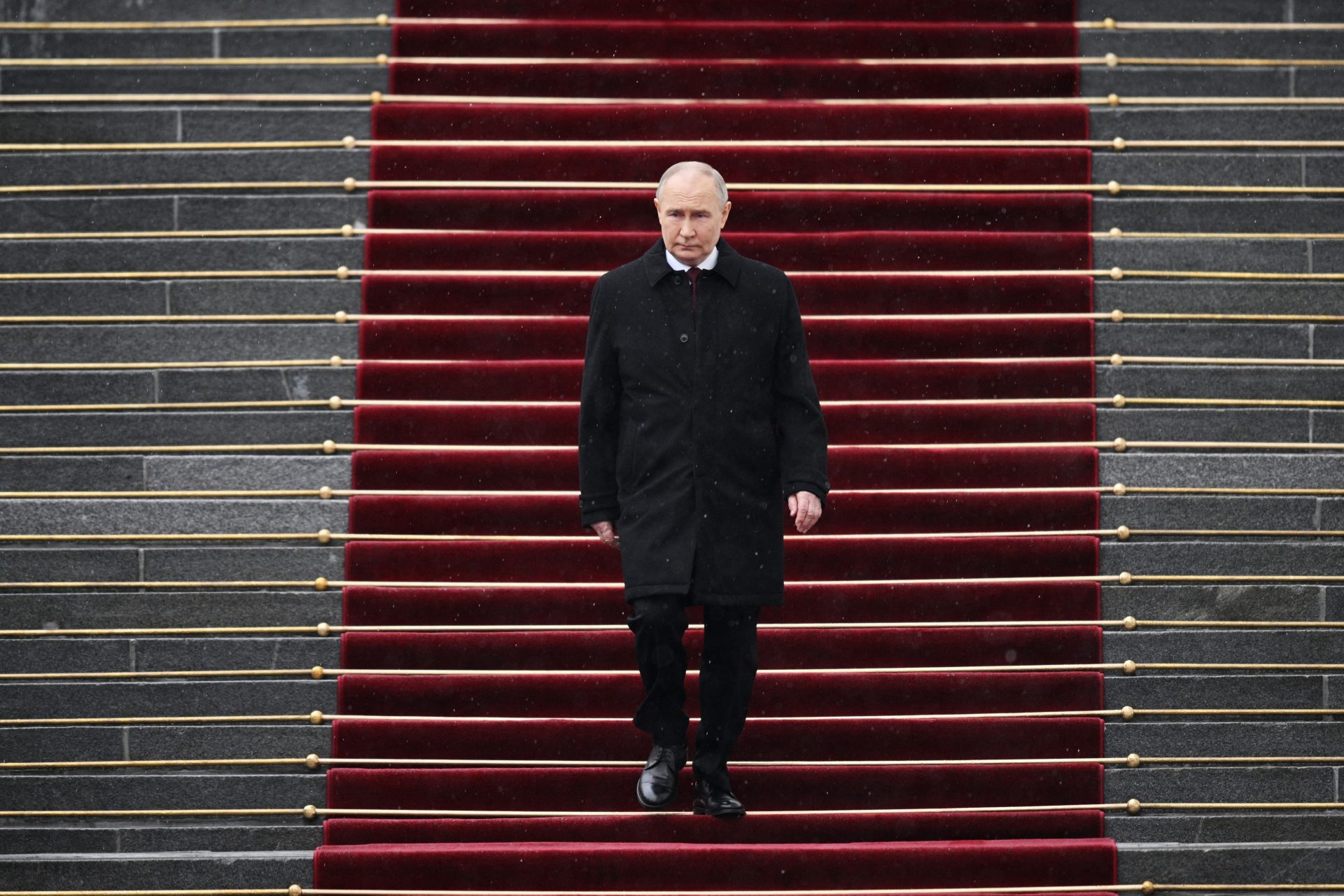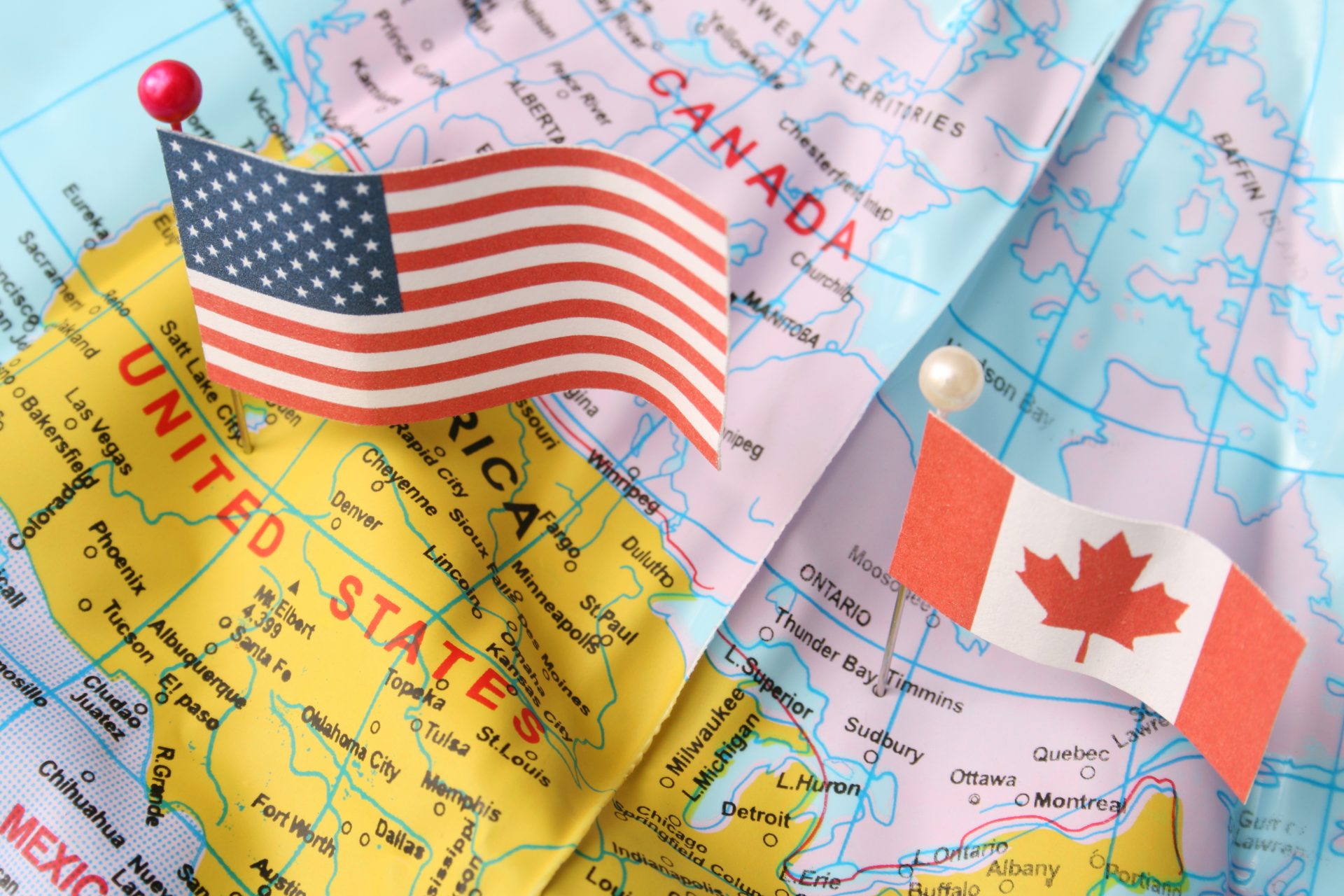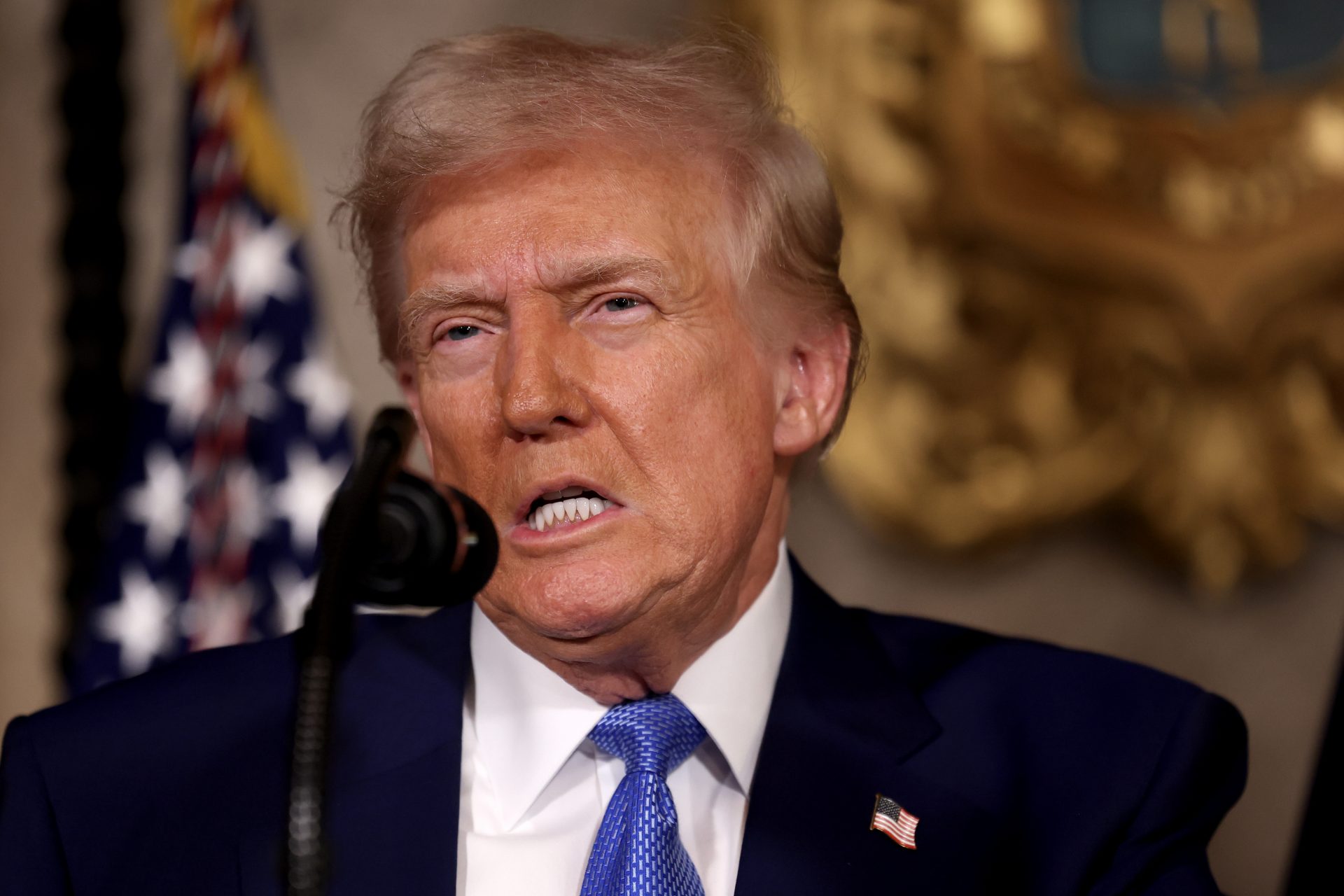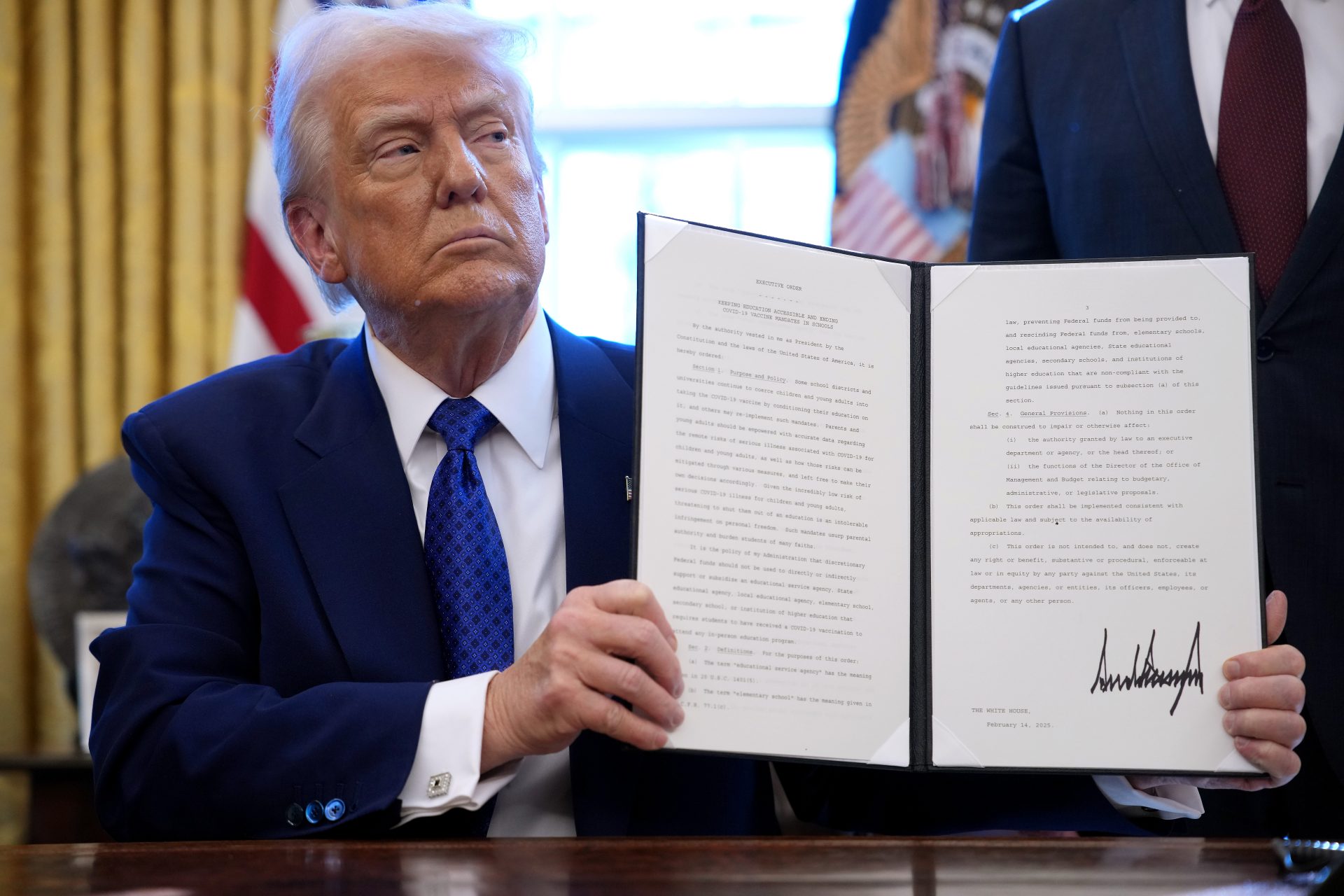Will the United States negotiate a peace agreement between Russia and Ukraine?
It was The Washington Post this November that launched the headline that put the controversial question on the table of whether the war in Ukraine could be resolved through negotiation between the parties: 'U.S. privately asks Ukraine to show it’s open to negotiate with Russia'. After that, other information suggested that an incipient multi-party conversation could be underway.
In a television interview collected by the Tass agency, Maria Zajárova (pictured), spokesperson for the Russian Foreign Ministry, assured that "specific contacts" were maintained with Washington from Moscow: "We are open to any type of dialogue."
This revelation made from Russia confirmed that there is a dialogue between the Kremlin and the White House. In fact, The Washington Post assured in its article on this matter that Jake Sullivan, Joe Biden's Senior National Security Adviser, has spoken several times in recent months with at least two senior officials in the Russian government.
Jake Sullivan himself confirmed shortly after that contacts with the Kremlin are maintained, according to the BBC, "in the interest" of the United States.
However, officially (and, above all, in the face of Ukrainian public opinion) Zelensky is absolutely opposed to any negotiations with Russia. But is there really no type of communication between Russia and Ukraine? Do the two nations not speak to each other at all?
The truth is that already in March 2022 there was a meeting with high-level delegations from Ukraine and Russia to reach an agreement on grain exports. The meeting was held in Turkey.
Recep Tayyip Erdogan, the president of Turkey, is a leader who pretends to act as a mediator. His country has excellent trade and political relations with Russia and, at the same time, is a member of NATO and an ally of the West.
Since the conflict began, negotiations between both parties have been held on Turkish soil. Which, also happens to give Erdogan an immense international prestige that, perhaps, could make his autocratic ways be forgotten.
But the course of the war, with Russia in retreat and Ukraine feeling strong, means that the Ukrainians have little desire to negotiate a compromise for peace. Especially if it means ceding territory to Russia.
Proof of the rejection that, right now, any negotiation proposal provokes in Ukrainian public opinion was the scandal that Elon Musk caused by saying (in a tweet, of course) that perhaps Ukraine could achieve peace by ceding Crimea. For statements like this, The New York Times called Musk an "agent of chaos" in the world.
But in a Europe distressed by energy restrictions and the economic consequences of the war in Ukraine, leaders such as France's Macron and Germany's Scholz (pictured) insist that a dialogue be opened. In fact, in the month of May, both leaders telephoned Putin and urged him to contact Zelensky directly.
According to the BBC, Putin said yes to dialogue. But without specifying much more. Of course, then Russia's position was much stronger in terms of warfare, and it maintained conquered territories and was still able to advance.
Also according to the BBC, the proposal for direct dialogue made by Macron and Scholz was rejected by Zelensky, although not completely. He said he did not feel "anxious" to talk with Putin but admitted that to put a definitive end to the conflict, sooner or later, they would have to talk.
The truth is that open negotiations do not exist even if specific contacts are maintained. And, as Rajan Menon and Daniel R. DePetris wrote in Politico, a dialogue solution is not feasible in the short term.
Rajan Menon and Daniel R. DePetris recall in Politico that "for the last 200 years, wars have only lasted a little over three months on average; we've already passed that mark." The initial barrier of fear and suffering has been overcome, the war has become a habit and both sides are willing to continue.
Right now, according to that analysis published in Politico, none of the contenders has any incentive to agree. Ukraine is achieving military successes. Russia hopes to crush the Ukrainians by making the coming winter unbearable, destroying their infrastructure so that they are left without electricity and drinking water.
"For diplomacy to be viable, Russia and Ukraine (or at least one of them) must get to the point where talking is better than fighting. It's nowhere near that point," argue Rajan Menon and Daniel R. DePetris.
Even in the hardest period of any war there are conversations thinking about a future peace agreement. Right now it cannot be said that there are ongoing negotiations between Ukraine and Russia. But it is true that both parties, with the United States in the middle, have open channels of communication for when the time comes.
More for you
Top Stories































